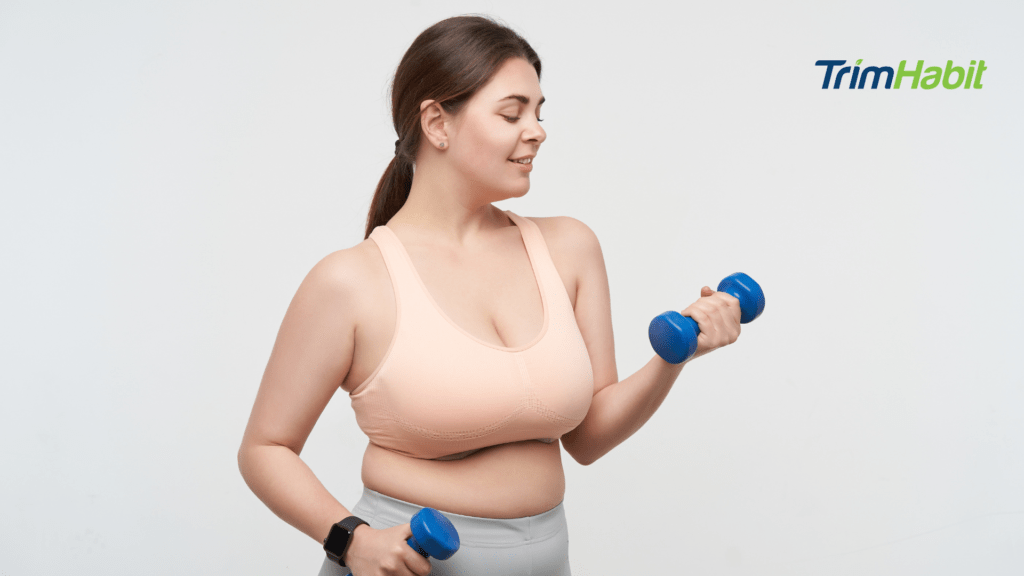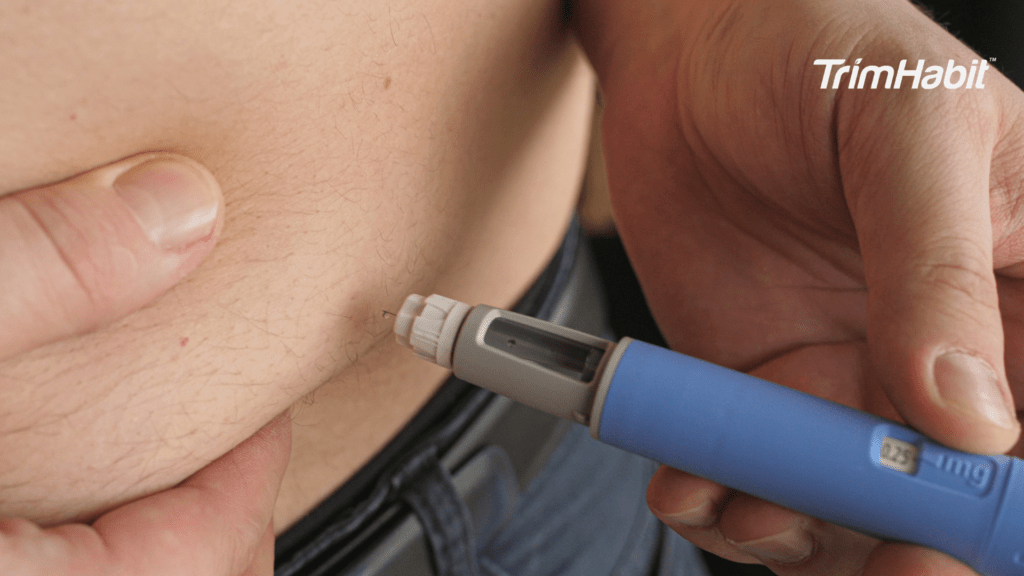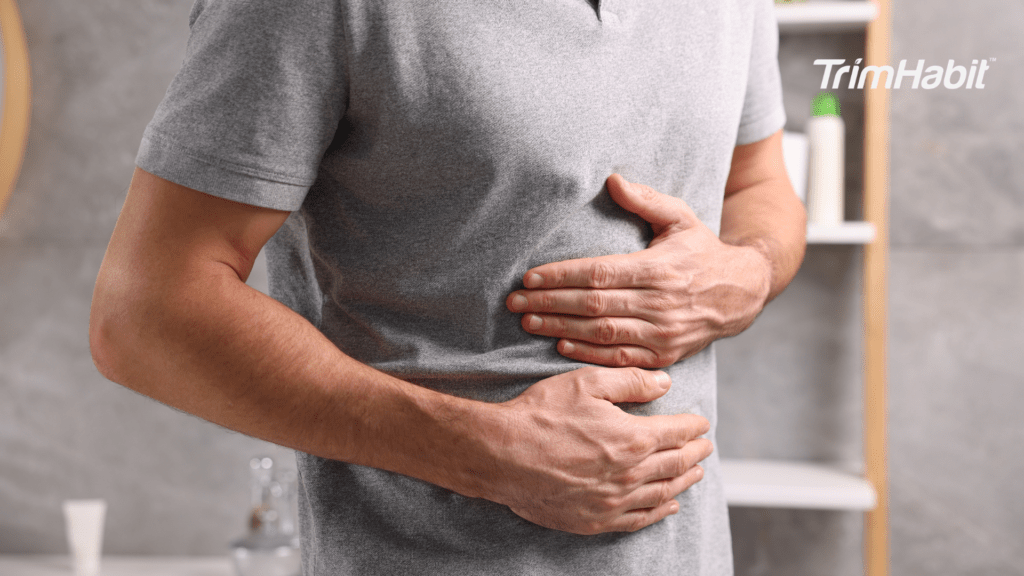Every day, it becomes increasingly clear that adopting a healthy lifestyle is a proactive solution not only for health issues but also in weight management. As a result, some people are continuously turning to nutritional supplements in an attempt to acquire the physique they desire in a shorter amount of time.
Nutrition is essential to leading a healthy lifestyle. Because not everyone receives all of the necessary nourishment, many compensate by purchasing and ingesting all kinds of dietary supplements.
This article will discuss the few best vitamins for energy and weight loss so that you will have an adequate amount of knowledge about the vitamin supplements to consume.
Nutritional Causes Of Lack Of Energy
When you’re feeling fatigued, your first inclination may be to seek for a sweet snack to give you a jolt of energy. That sluggish feeling, however, may not be due to a lack of energy alone. Certain vitamins or nutrients may be lacking in your diet, which no amount of coffee or sugar will compensate for.
Nutrition plays a key role in providing the energy required to sustain you. Severe vitamin deficiencies are uncommon, but certain eating patterns can lead to a lack of critical vitamins and other minerals that impair energy metabolism. These are some examples of such habits1:
- Not eating a different variety of foods.
Energy deficiencies often result from persistent vitamin shortages brought about by dietary restrictions or inadequate dietary variety. Such limitations can result in the body not receiving essential nutrients it needs. For example, if you follow a vegan diet, you may not be getting enough vitamin B12 from your meals because the best sources of B12 are animal-based foods.
Plant foods include iron, but your body does not absorb it as well as iron from animal-based diets. The U.S. The American Dietary Guidelines advocate using a supplement in your wellness routine2.
- Adhering to a fad diet.
Adopting a restrictive low-carb diet like the paleo or keto diet can result in the absence of crucial vitamins and minerals found in carbohydrates, which play an important role in generating energy.
B vitamins are among the most essential. Vitamin B is critical for energy production as it helps the body to convert food into energy. The B vitamins, such as B1, B2, B3, B5, B6, and B12, play a key role in the metabolism of carbohydrates, proteins, and fats to produce energy.
- Having intestinal problems.
People who have digestive problems, such as Crohn’s disease or colitis, as well as finicky eaters, are at risk of not getting enough nutrients for energy.
- Consuming insufficient calories.
Striving for weight loss through severe calorie restriction or excessive exercise can lead to both underfueling and overtraining, which is detrimental to both weight loss goals and energy levels.
Metabolism
Metabolism is the process through which your body breaks down food and nutrients for energy and to support various tasks. Your metabolism is affected by what you eat, including vitamins and minerals.
A faster metabolism burns calories faster than a slower metabolism, making it less likely that you will gain weight. As you get older, your metabolism naturally slows down.
Some vitamins and minerals may aid in the proper functioning of the metabolism. While supplements can help, the best source of vitamins and minerals is entire meals3.
Best Vitamins For Energy And Weight Loss
It’s not as simple as popping a few miracle supplements to lose weight. There are, however, a few vitamin and mineral supplements you may take to guarantee your body is working as efficiently as possible to lose weight.
A well-balanced diet can meet the majority of your nutrient requirements. However, if you’re on a restricted diet, a few safe vitamin supplements may provide the extra boost you need to stick to your healthy weight loss plan4.
Bear in mind that not all vitamins and minerals are made equal when it comes to weight loss. The following are the finest vitamins and minerals for maintaining and enhancing body functioning, including metabolism, and supporting healthy weight management:
- Vitamin B
The B vitamins are as follows:
- thiamine (B1)
- riboflavin (B2)
- niacin (B3)
- pantothenic acid (B5)
- pyridoxine (B6)
- biotin (B7)
- folate (B9)
- cobalamin (B12)
These vitamins are necessary for a healthy metabolism. The primary role of the B vitamins is to assist your body in the metabolization of carbs, proteins, and fats, as well as the utilization of stored energy in food.
Thiamine (B1) assists the body’s cells in converting carbohydrates into energy. In other words, low levels of one or more of these vitamins indicate that your metabolism isn’t working properly. This makes it much more difficult to lose weight.
B vitamins are found in a variety of foods. Some good sources are:
- beans
- lentils
- milk
- eggs
- lean meat
- whole grains
- potatoes
- bananas
Note: Cobalamin (B12) is not found in any plant food, making it difficult for vegans to get enough. B-complex vitamins are nutritional supplements that contain all eight B vitamins. They are widely available in stores and online.
- Vitamin D
Vitamin D is essential for maintaining a healthy immune system. The sun provides all the vitamin D your body requires. However, most people nowadays spend far too much time indoors or live in locations where the sun does not usually shine.
It is difficult to get enough vitamin D from food, thus supplements are frequently advised. According to some research, adequate vitamin D levels may also aid in the prevention of depression. A cheerful attitude is also required for a successful diet.
Obese persons have low vitamin D levels, according to research. It is yet unknown what impact vitamin D plays in weight loss. A 2011 study5 discovered that overweight and obese persons who took calcium and vitamin D supplements lost considerably more stomach fat than those who did not take any supplements.
Food sources: While the sun is the best source of vitamin D, you can also obtain it from food, particularly fortified foods.
Foods rich in vitamin D are:
- cod liver oil
- sardines
- tuna
- salmon
- egg yolk
- fortified milk and yogurt
- fortified cereals
Note: If you spend most of your time indoors, you might think about taking a vitamin D supplement. Sunscreen is still recommended.
- Iron
Iron aids your body in producing energy from foods. Iron aids in the delivery of oxygen to all cells in your body, including your muscles. This, in turn, aids in fat burning. Iron deficiency anemia, one of the most frequent nutritional deficits in the United States, can be caused by a lack of iron.
The following are symptoms of iron deficient anemia:
- fatigue
- weakness
- low energy levels
Physical endurance and athletic performance are also hampered by low iron levels.
Iron deficiency is more common in women who have heavy menstrual periods and in persons who frequently donate blood. If you have a high risk of iron deficiency, consult your doctor about taking an iron supplement.
The following foods will help you increase your body’s iron stores:
- lean meats
- shellfish
- beans
- spinach
The iron found in meat is better absorbed by your body than iron obtained from plants. If you are a vegetarian and you haven’t properly substituted meat with another source of iron, you may be iron deficient.
Eating iron-rich foods with vitamin C, such as strawberries or tomatoes, can aid in enhancing absorption.
Note: Take iron supplements with food and increase your fiber intake, as iron supplementation might cause constipation.
- Magnesium
Magnesium is required for the creation of energy in the body. More than 300 enzyme systems use this mineral as a cofactor. These systems are in charge of many bodily reactions, including:
- blood sugar control
- blood pressure control
- keeping bones healthy
- keeping the neurological system in good working order
Magnesium intakes are consistently low in dietary surveys conducted in the United States6. Magnesium supplements might help you get enough.
Muscle cramps, nausea, vomiting, loss of appetite, and exhaustion are all symptoms of magnesium deficiency. People who have type 2 diabetes, a long-term alcohol use disorder, or gastrointestinal illnesses such as celiac disease are more likely to be magnesium deficient than others7.
The following foods are high in magnesium:
- nuts
- seeds
- legumes
- leafy green vegetables such as spinach
You should keep a handful of nuts available for a short energy boost and to avoid fatigue when dieting, especially if you work out frequently. Just don’t eat too many of them: nuts are heavy in calories.
Note: Excessive magnesium from supplements or drugs might cause diarrhea.
Green tea extract isn’t strictly a vitamin or mineral, but it’s one of the few promoted supplements worth a second look. Green tea is known to promote fat oxidation and expenditure while decreasing fat synthesis and absorption.
This popular beverage’s extract is reported to include strong flavonoid antioxidants known as catechins. Green tea has a moderate amount of caffeine.
An examination of six randomized controlled studies revealed that caffeine, alone or in combination with catechins, significantly boosted energy expenditure when compared to placebo.
One study8 published in 2012 discovered that green tea pills lowered body weight in obese people by approximately 2 pounds on average when compared to a placebo.
Note: Although green tea extract is regarded as safe, experts recommend that it be taken with food to minimize any potential dangers.
- Calcium
Studies reveal that calcium is essential for a healthy metabolism, blood sugar regulation, and bone health.
According to a 2010 studies9, a higher calcium intake mixed with vitamin D can aid in diet-related weight loss. In another earlier study10 from 2007 discovered that a diet high in dairy calcium aided weight loss in persons with type 2 diabetes.
However, more recent study is needed to evaluate whether this is a successful weight-loss technique. While calcium supplements are available, it is preferable for you to receive calcium from food sources first.
Takeaways
Anyone considering taking new vitamin or mineral supplements to increase their metabolism and reduce weight should first consult with their doctor.
Taking these vitamins and minerals will not always enhance your metabolism. They will, however, aid in ensuring adequate nutrition and correcting inadequacies, which may support in preventing unintended weight gain and maintaining a healthy metabolism.
Some supplements can have negative side effects in large quantities, worsen health issues, or interfere with medications that a person is already taking. The healthiest method to ingest more metabolism-boosting vitamins and minerals is to eat a varied and nutritious diet that is well-balanced.









